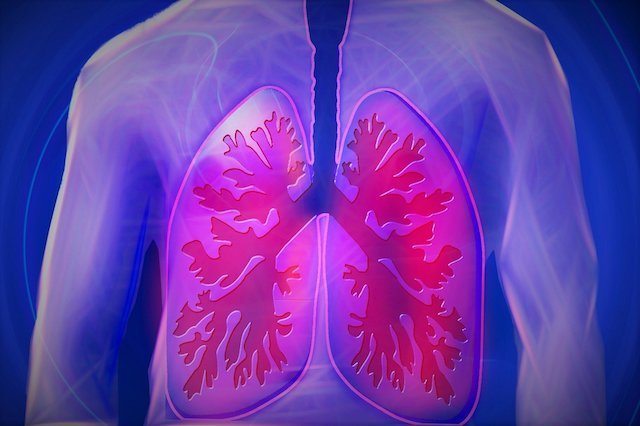
In a new study, researchers found that mid-life weight gain is linked to an acceleration in the natural decline in lung capacity that comes with aging.
But mid-life weight loss is linked to the slowing of this aging process, emphasizing the importance of maintaining a healthy weight, to stave off serious respiratory ill health.
Lung capacity is measured by forced vital capacity (FVC) and forced expiratory volume (FEV). It’s an important indicator of future ill health and life expectancy.
There’s plenty of evidence linking overweight and obesity in adulthood with poorer lung capacity, but most of the studies have been relatively short term and tracked the respiratory health of people only up to the age of 50.
In the study, the researchers drew on data from the European Community Respiratory Health Survey (ECRHS). This has been tracking the health of more than 10,000 adults aged 20 to 44 since the early 1990s.
They included 3673 participants from 26 locations in 12 countries in Europe and Australia. Their weight, height, and lung function were measured at three-time points over a period of 20 years.
The people’s average age was 34 at the start of the study, and 54 when they had their last check-up.
During the monitoring period, almost 4% of participants lost weight, while weight didn’t change in around a third (34%).
Around half (53%) put on a moderate amount of weight (0.25-1 kg/year), and around one in 10 (9%) put on a lot of weight (more than 1 kg/year).
The team found that changes in weight over the 20 years were associated with the rate at which lung capacity declined.
Among those with a healthy weight, or who were overweight or obese as young adults, moderate and high weight gain was associated with a speeding up of the decline in lung capacity.
On the other hand, weight loss among those who were obese as young adults over the following 20 years was associated with a slowing in this decline.
This was also the case for those who had been underweight at the start of the study, and whose weight remained stable throughout the monitoring period.
But the decline was also faster among the underweight who put on a moderate amount of weight.
The team says the findings reinforce the public health message that overweight and obesity have deleterious effects on health, including respiratory health.
The study is published in the journal Thorax.
Copyright © 2020 Knowridge Science Report. All rights reserved.



